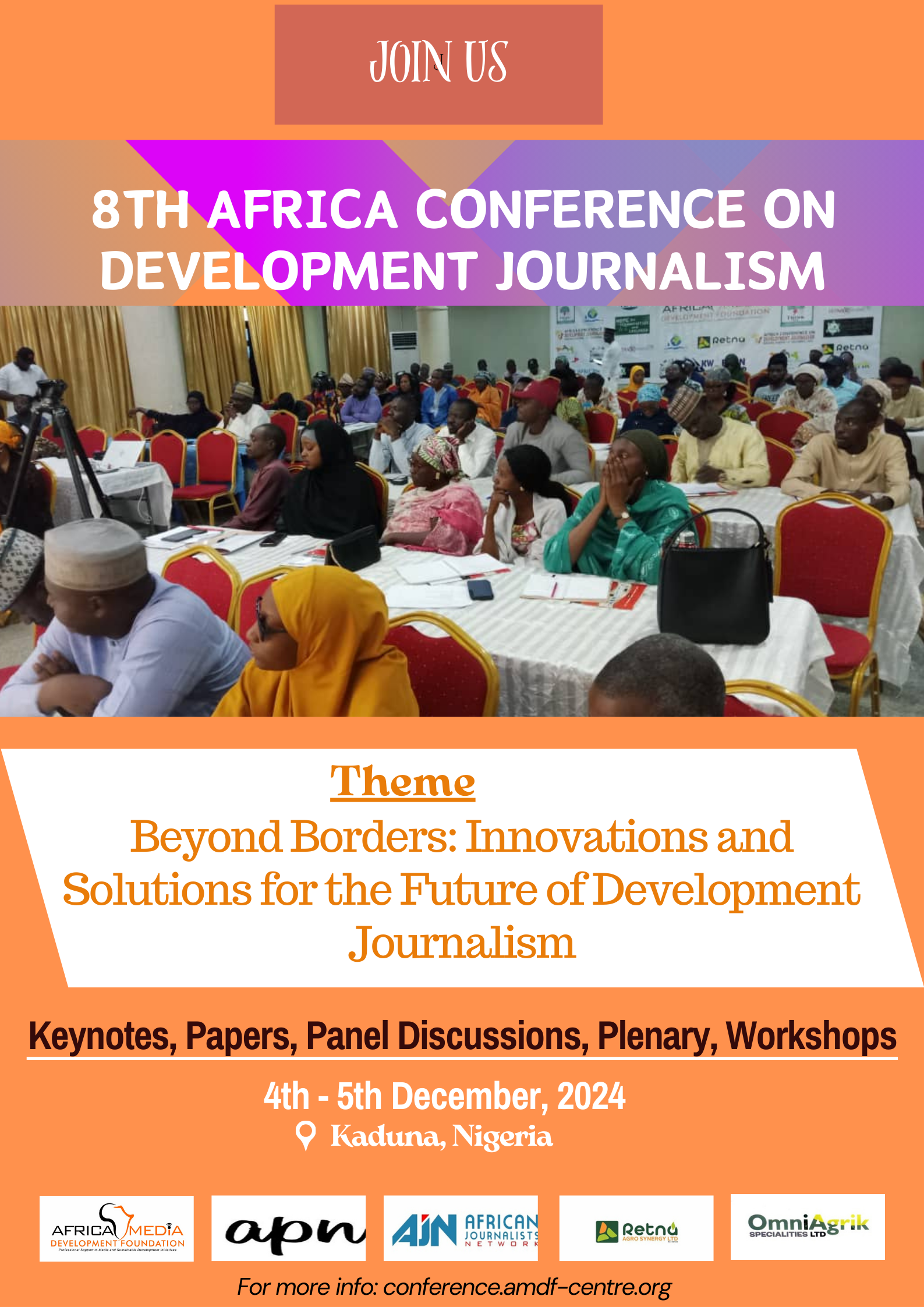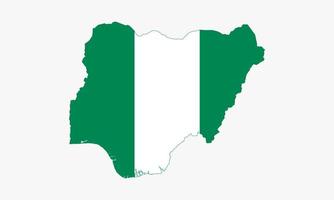A country without national integration is often implied as a country deprived of social cohesion, sense of nationalism and with a failed socio-politico-economy. In projecting these values, there lies a strong leadership role behind it. After sending away the military and birthing of a new republic, debates started to rise against the distorted and corrupt political structures where there is no national cohesion in the country. Hence, this piece focuses on the challenges and stratagems which Nigerian leaders need to embrace to guarantee accountability and the sense of nationalism among the citizens. The strategies and methodologies for the advancement of national integration include the legal framework, declaration of the transparent political policies, and a resilient platform for social transformation of the country. Research discovered that sensitisation of the integrated societies of the country basically ensures a sense of uniformity and is known to be the foremost contributor to the cohesion of communities and development of the country.
If the leaders failed to do so, this means there are problems of polarisation, self-interest, lack of ideology, weak governing institutions, inequalities and injustices, substantial proliferation of militia power and lack of communication channels between the political leaders and the citizens.
This article studies and applies a variety of approaches in the literature on political science to give an inspective basis for the study of leadership roles in regulating and reconciling the differences among citizens.
Before my extensive epistle, it is cogent to establish what a national cohesion is. National cohesion assumes the process and outcome of instilling and enabling citizens in the country to have a sense as well as a feeling that they are members of the same country, community and institution. These members engage in a common enterprise and face shared challenges.
This is realised through the regulation and reconciliation of differences, competing interests and demands in a society. It is based on the fact that societies and individuals can only achieve their full potential when living and working together.
Tools and processes for achieving national cohesion include but not limited to good governance and instituting non-discriminatory practices. National cohesion is strongest when everyone in the country has the opportunity, resources and motivation to participate in society as fully as they wish and on an equal basis with others.
National values are beliefs of a nation guiding the actions and behaviours of its citizens while principles of good governance oblige the state to perform its functions in a manner that promotes the general well-being of its people.
Perhaps we should list out indicators of a cohesive society: common vision and sense of belonging including peaceful co-existence among all members and appreciation and value for peoples’ diverse backgrounds and circumstances. Similar life opportunities for those from different backgrounds, strong and positive relationships between people from different backgrounds.
To marauders and other anti-progress individuals or group(s), we should also remind them of challenges to cohesion: divisive ideologies, deteriorating morals and values, culture of greed and selfishness, community superiority/ inferiority, negative ethnicity/negative cultural practices and weakening of the family unit.
At the risk of sounding like an armchair critic or theorist, there are approaches for fostering institutional cohesion: sharing and devolution of power, rule of law, democracy and participation of the people, human dignity, equity, inclusiveness and non-discrimination, good governance, integrity, transparency and accountability.
If these approaches are met and achieved, then we could reap benefits of a cohesive nation. They are but not limited to enhanced national solidarity and harmony, unified approach to confronting external threats, commitment to national ideals, improved economic performance and well-being, promotion of equity in the sharing of state resources, building of a strong national identity, enhanced credibility in regional/international and peacemaking process.
A leader’s most important role is to provide clear and compelling direction. Leaders ensure that all followers understand, embrace, and work toward achieving those objectives. And they provide momentum, sharing and celebrating progress towards achieving the country/company’s goals, setting new targets, and providing needed resources.
As another general elections approach, both the led and leaders must understand what leadership is. It may sound rather simplistic; many a leader does not understand leadership. Nigerians do need to get it right this time. They must separate leaders from pretenders. Hence, our appreciation of what leadership entails.
It’s been said that leaders are born, not made. I disagree. George Washington, Winston Churchill, George Patton, and Margaret Thatcher are often named as natural-born leaders, but each struggled to become the leader they ultimately were. Becoming and being a good leader is a lifelong journey. The principles and practices of leadership can be learned, but it requires a core sensibility about the nature and importance of leadership. Real leadership in business springs from a deep commitment to providing a workplace that meets people’s needs for belonging, contributing, doing meaningful work, and having the opportunity to grow. Political leadership does much more.
A leader’s most important role is to provide clear and compelling direction. This begins with a statement of the leader’s values and principles, of hopes and plans for the country’s future. Then they must consistently demonstrate those values and principles in their words and actions. They must also surround themselves with people who share those values.
Robert Greenleaf introduced us to the idea of “servant leadership,” in which the leader’s role is redefined as being accountable for removing the obstacles preventing people from doing their best work. Instead of creating a “command and control” environment, great leaders learn from followers what’s needed to enable those followers to do superior work, and leaders then focus on supporting the teams that produce the country’s achievements.
Isn’t it appalling there are a good number of successful business people in the country making us proud world over, and less successful political leaders? It goes without saying that we must learn from business leaders. In order to achieve this, we would draw a parallel from the business community. The best leaders make it clear that they have confidence that their followers know what to do, how to do it, and that they will do their best work. Trust in skills and accountability. Leaders have an obligation to ensure that everyone in the company/country has the skills necessary to perform their work, understands how their work serves the country/company’s objectives, and knows how the outcomes of their work are measured. Once those things are in place, leaders trust team members to be accountable for their own performance. This is because leaders can’t know or observe everything that everyone in the organisation does. Trust is essential, and it is liberating for team members who are trusted to do great work.
It is important that leaders recognise and act when it’s evident that some team members don’t share the country’s values or commitment. Too often this current regime endures behaviours and performance of team members who aren’t on board, merely to avoid the inconvenience or discomfort of making a change. This is wrong! Effective leaders ensure that every member of the team is, to use Jim Collins’ metaphor from his book, Good to Great, the right person on the bus, in the right seat.
History, like the economy, is the vast unfolding of millions of decisions and events. The idea that one person or group of people is in control of this process is misguided. It is impossible for any political leader to be aware of, let alone control, the myriad of events that shape a nation from within and without. Even powerful leaders could only govern through a political structure that underpins their own authority. They give orders to their subordinates, who then give orders to their subordinates, who then work within the broader society to try to implement the orders.
Leaders govern through apparatuses that have their own interests, and in a world of unintended consequences, where even if their directions are followed to the letter, the outcome can be unexpected. They cannot impose their will on society by force. But must align with or create coalitions that allow them to rule. The leader is shaped by the vast undercurrent of minute processes and decisions, and resistance to this process can break them. While I believe what a nation enjoys in time is provided by the leadership, what they however suffer in time is caused by leadership.
Yusuf sent this piece via [email protected].





